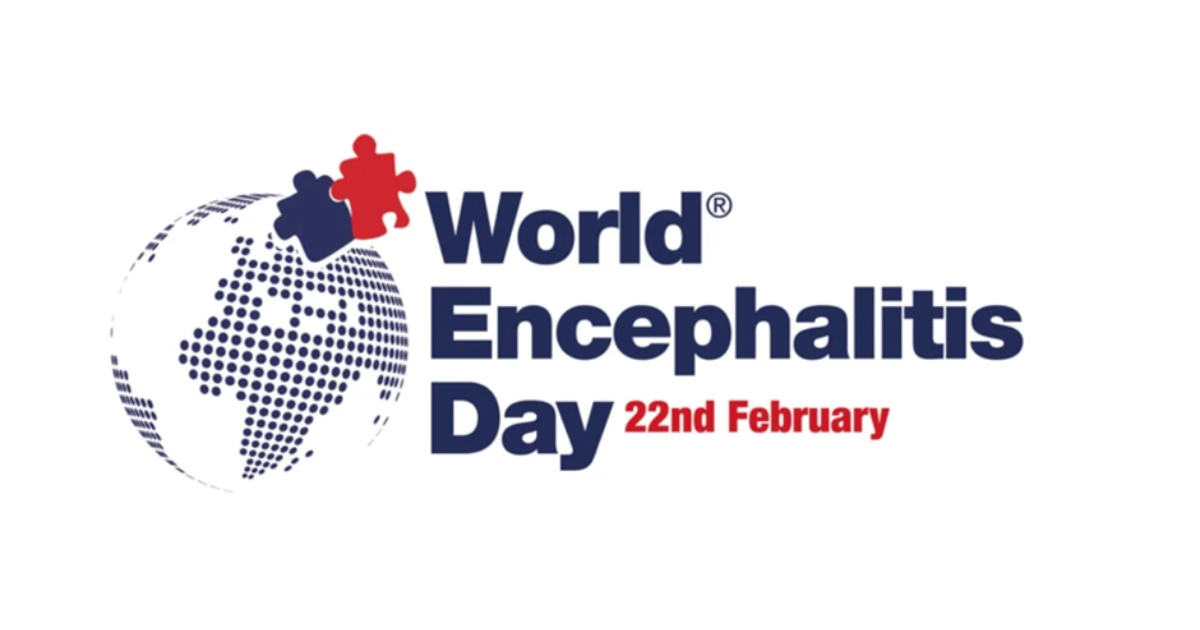Affecting around 4000-6000 people each year in the UK, encephalitis is a rare but serious medical condition causing brain inflammation. Caused by an infection or when the immune system attacks the brain in error, it can be experienced by anyone at any age. Over 50% of all cases do not have an identified cause.
What causes encephalitis?
Most often caused by a virus – usually the herpes simplex virus (which causes cold sores), but any virus can develop into encephalitis, including glandular fever and HIV. Encephalitis may follow the flu or throat virus. Autoimmune causes include reactions to antibodies in blood, which can be triggered by a range of reasons, including brain tumours.
What are the symptoms of encephalitis?
Patients often report the onset of a flu-like illness or a headache, which is followed over the following days and weeks by severe symptoms from loss of consciousness to confusion, coma, seizures, uncontrolled movements and changes to behaviours. In autoimmune encephalitis, some people experience changes in behaviour and hallucinations.
People may also experience anxiety, depression and poor emotional regulation. Following encephalitis, people experience physical symptoms, particularly weakness and fatigue. Some patients go on to develop an acquired brain injury or epilepsy following encephalitis.
How is encephalitis diagnosed?
Patients with suspected encephalitis must undergo a range of tests in hospital to correctly diagnose the condition. This can include brain scans, blood tests and lumbar punctures.
How is encephalitis treated?
Treatment depends on the type of encephalitis the patient is suffering from. For auto-immune, doctors will prescribe antibiotics and immunomodulatory treatments. For viral encephalitis, antivirals such as aciclovir for herpes simplex encephalitis are prescribed.
What are the rehabilitation requirements following encephalitis?
Recovery following encephalitis can take a long time. Brain inflammation is a serious issue, and many people will need two to three months before seeing relief. Ongoing fatigue is very common.
When people have experienced changes in sleep, speech, memory, and emotions, support from specialist therapists and clinicians may be required. Speech and language therapists, psychologists and occupational therapists work with patients experiencing difficulty following encephalitis.
How can I support those with encephalitis?
On 22 February 2023, the Encephalitis Society is raising awareness via World Encephalitis Day. Since its launch in 2014, World Encephalitis Day has reached over 290 million people worldwide.
The Society is asking its supporters to wear something red and share information with social networks using the hashtag #Red4WED.
Get the facts and find a range of helpful resources by visiting the Encephalitis Society at encephalitis.info.
Brain injury expert witnesses
NRC Medical Experts provide solicitors and the courts with medio-legal assessments, testimony and reporting.
Our Consultants in Rehabilitation Medicine, neuropsychiatrists, neuropsychologists, neurologists and specialist therapists are highly experienced in all aspects of brain injury and the rehabilitation requirements of those living with the impact of the condition.

